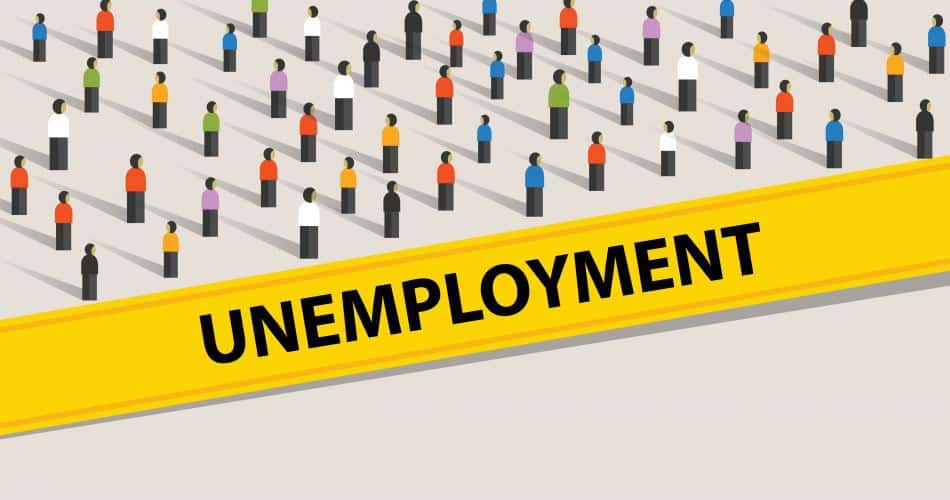Reading time: 5 minutes
On the same day, the House of Representatives passed nearly $500 billion in additional economic stimulus, primarily focused on bolstering the Paycheck Protection Program, increasing disaster loan assistance, and funding for hospitals and COVID-19 testing. The Senate passed the bill earlier in the week. The enactment of this legislation is a recognition that the economic fallout from the pandemic is far from over and additional measures are needed to prevent even more hardship.
Even though Congress has now appropriated nearly $3 trillion for COVID-19 response, it has yet to fully address one of Americans’ most pressing needs: direct rental assistance. As of April 5, 69% of rent payments had been made nationwide, versus 82% made as of April 5, 2019. This is a clear sign that Americans who were already housing cost-burdened could not and cannot sustain a sudden loss in income. The longer people are out of work, the more severe these challenges will become.
Up for Growth Action has previously endorsed the Emergency Rental Assistance Act of 2020, sponsored by Denny Heck (D-WA-10), as an important priority to ensuring housing stability for the millions of Americans impacted by COVID-19. The program this legislation would create would be built upon the Emergency Solutions Grant (ESG) program to offer short-term rental assistance to Americans who lose jobs or income as a result of the COVID-19 crisis. Access to quality, affordable housing has always been essential to public health, but as the country shelters-in-place, the need is more pressing and the risk of drastic increases in the number of people without such access is more acute. H.R. 6314 seeks to mitigate the economic and public health crises that would occur without intervention.
Importantly, the Emergency Rental Assistance Act increases program eligibility to 80% of area median income (AMI). Providing $100 billion in funding directly to states and through this existing program with a well-established infrastructure, while expanding eligibility to encompass the millions of Americans who will soon need assistance, means people struggling to make ends meet will quickly get the help they need.
To be clear, Congress has not entirely ignored housing in its first rounds of COVID-19 legislation. The increased unemployment benefits, one-time stimulus payments, limited mortgage forbearance, and rent suspension provide short-term relief to many of the people most affected by COVID-19. However, with many cities and states weeks away from re-opening their economies, it is abundantly clear that more must be done to prevent the current public health crisis from evolving into a devastating financial crisis. We touched on why an absence of rental payments could have an outsized influence on the health of the economy and financial markets in an earlier insights piece, which we encourage you to read if you haven’t done so already.
Congressional leadership and the Trump Administration still have time to fully address the needs of the million of Americans who are quickly becoming housing insecure. But they need to act quickly, comprehensively, and efficiently. Passing, or at the very least incorporating, the principles and funding levels of the Emergency Rental Assistance Act into future relief legislation is the most effective and efficient way to ensure that rent payments continue to flow and Americans do not have to worry about staying in their homes.
For more information, please read Up for Growth Action’s fact sheet on H.R. 6314, the Emergency Rental Assistance Act of 2020.
